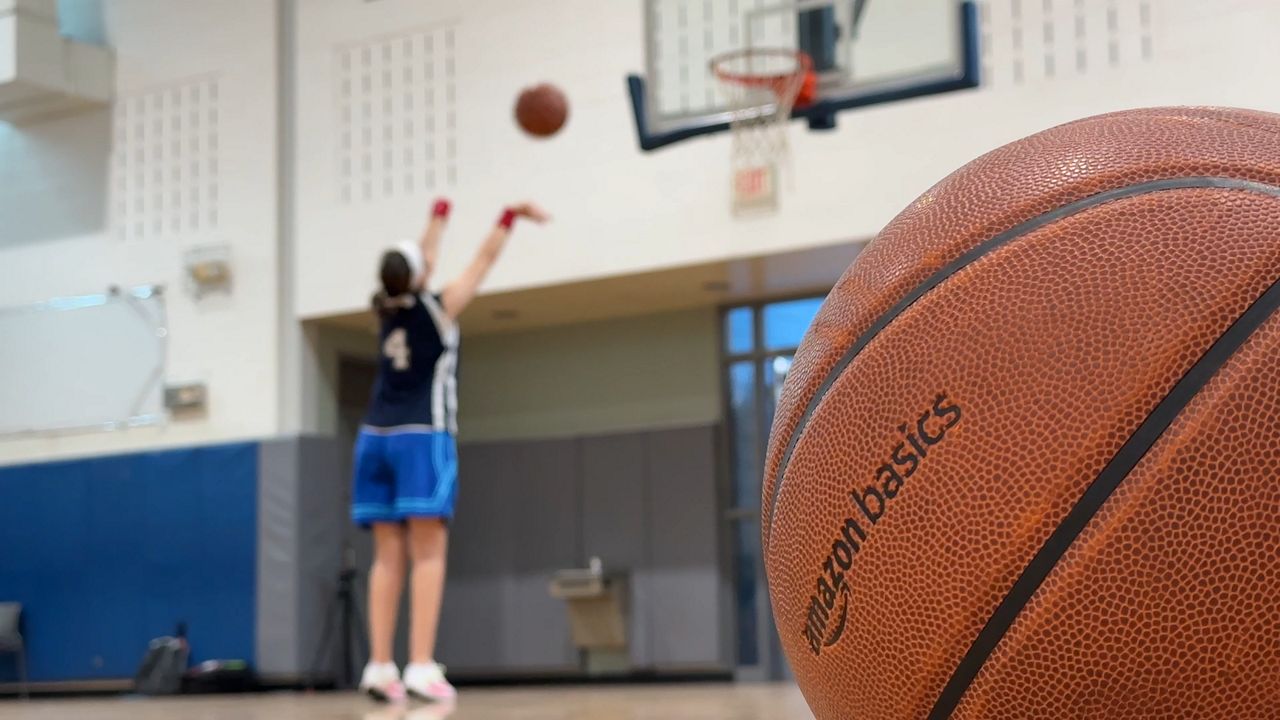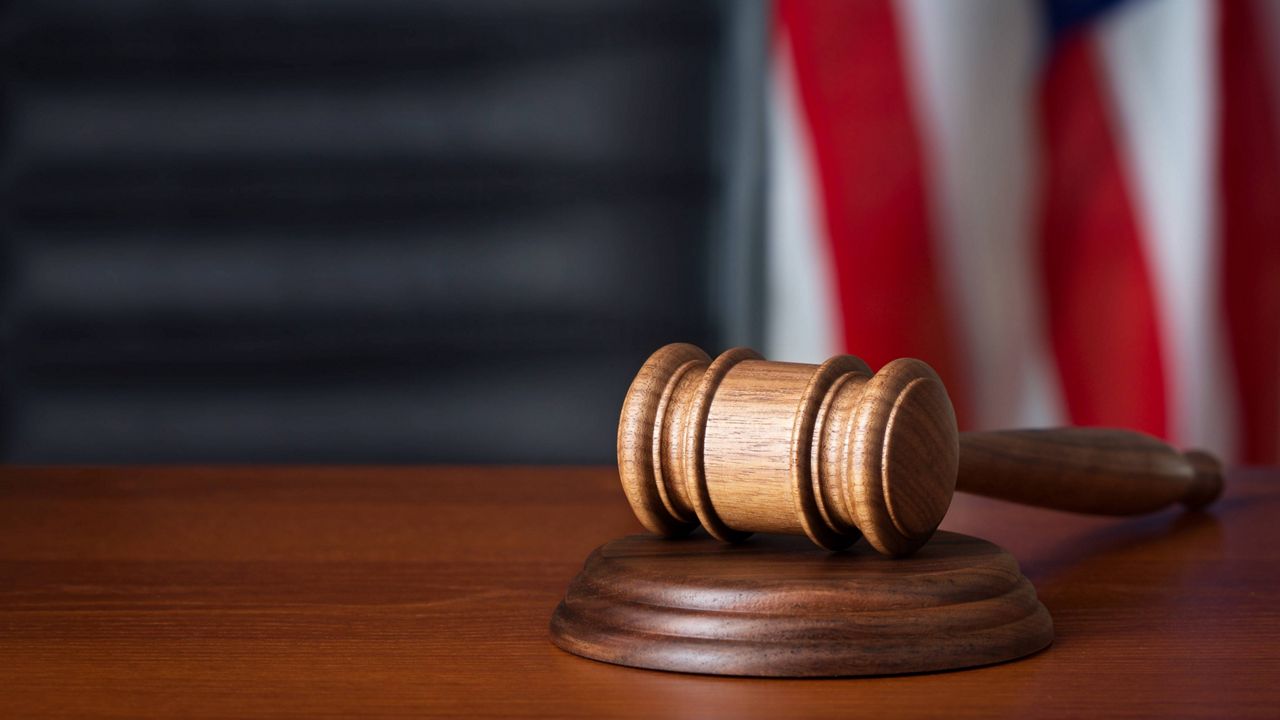An officer’s oath to protect and serve is contingent upon understanding the community they are working in. One upstate New York county is rolling out a new program to improve interactions with individuals living with disabilities.
“We believe in building a community that is safe, a community that is inclusive and a community that is supportive of every person, no matter their ability,” said Broome County Sheriff Frederick Akshar.
Akshar announced what is being called a first-in-New-York-state initiative for positive interactions between law enforcement and individuals with autism.
“When it comes to being stopped by the police, that can make anyone anxious, it can make anyone nervous. For someone with autism or their family, it can cause an even greater issue, an issue because of the situation, the flashing lights, the sounds, the radios, other noises,” said Akshar.
The Blue Envelope Program is for participating individuals with autism and their families. They will be given a blue envelope, an insert card and a sticker for their vehicle.
“The sticker helps, of course, inform the officer that either the driver or the passenger has autism and might need additional assistance or understanding for the interaction to be successful,” said Akshar.
Outside of the blue envelope contains instructions for the driver, like keeping their hands on the wheel and warning the driver that the officer may shine their flashlight inside the car. The envelope also tells the officers what to do, like simplifying requests.
“The driver can simply provide the envelope to the officer and inside that envelope could be their driver's license, their registration, insurance card or emergency contact,” said Akshar.
Officials with ACHIEVE, an organization that serves more than 2,000 people with disabilities per year, say the envelopes help send the message.
“A program like this is really going to represent an innovative support that can be brought forward for many of the individuals we serve in our organization,” said Amy Howard, CEO of ACHIEVE.
Akshar said the program is not limited to individuals with autism but for people with developmental or intellectual disabilities.











